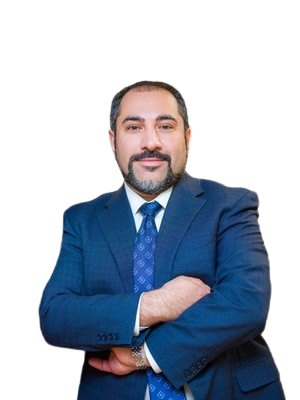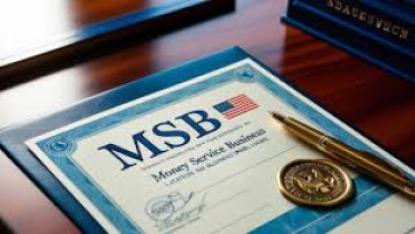My name is Ismail T. Shakhtakhtinsky, I am the founder and lead attorney of the I.S. Law Firm, PLLC. My specialty is immigration law, commercial law, and personal injury cases. Prior to starting my own practice, I worked in law firms where I practiced civil law, and also served as a legal adviser for a company in New Orleans. Over the years, I have represented individuals, businesses, international corporations, and even foreign governments, both in Washington, D.C., and beyond. A separate area of my work is asylum cases. For more than 12 years, I have helped thousands of people from all over the world. In my practice, there have been cases when political dissidents from authoritarian countries had to resist falsified Interpol "red notices" issued for political reasons. I regularly speak at conferences and forums on immigration and international law, as well as human rights. I am also often invited as an expert to the American and foreign media, where I comment on changes and trends in US legislation. I am a member of the American Association of Immigration Lawyers (AILA) and am certified to practice international law. My law license is valid in the District of Columbia, as well as in the states of Virginia, Maryland and New York. I am fluent in Azerbaijani, Turkish and Russian.
Technology Startup Registration in the USA — From Structure to Launch and Investment Readiness
In 2024, two partners — founders of a cybersecurity IT project — came to me. One was from Israel, the other from India. They had developed a product and wanted to enter the US market with the possibility of attracting investment from American funds in the future.
At the time of consultation, they had neither a registered company, nor an EIN, nor an understanding of how to structure shares and protect intellectual property. They also lacked an SSN and a physical US address.
The task was to launch a company taking into account the future requirements of venture investors, minimize legal risks, and establish a remote management infrastructure.
Steps Taken
- Investment Structure: Choosing Between LLC and C-Corp. We analyzed their goals (growth, investor attraction, scaling).
- Explained the differences between LLC, S-Corp, and C-Corp.
- Decided to register a C-Corp in Delaware — a classic format for venture investments.
- Discussed tax specifics of C-Corp and the 83(b) Election plan for the founders.
- Registration and Documentation. Registration was organized through a trusted Delaware agent.
- Prepared: Certificate of Incorporation, Founders Agreement, Stock Purchase Agreements, IP Assignment Agreements.
- Established shares, rights, intellectual property protection, and an option plan for future employees.
- Obtaining EIN and Opening a Bank Account. Obtained EIN directly from the IRS without an SSN.
- Selected an American bank (Mercury), account opening fully online.
- Explained KYC requirements, W-8BEN-E forms for non-residents, and instructions for setup.
- Basic Legal and Tax Navigation. Conducted a briefing on IRS and Secretary of State requirements.
- Explained the need for Annual Franchise Tax, Form 5472, DS-2031 (under certain conditions).
- Provided templates and recommendations for hiring an accountant and corporate lawyer.
Practical Example
Situation: two technical founders without US residency, no SSN, with an IT product and investment plans.
Goal: open a company, establish a share structure, protect IP, enter the US market with a transparent legal model.
Actions:
- Selected Delaware C-Corp format for the startup.
- Registered through a trusted agent.
- Obtained EIN via IRS.
- Opened an account at Mercury bank.
- Prepared IP and stock allocation documents.
- Provided instructions on taxes, reporting, and the next step — opening a SAFE round.
Result: within 21 days — a fully registered company, bank account, and internal documents completed. The startup started receiving payments from clients and is preparing for negotiations with its first investor.
What I Offer Entrepreneurs
- Personalized approach — considering citizenship, goals, and scale.
- Step-by-step guidance — from registration to taxation.
- Investor-ready documents — cap table, IP, option plans.
- Only trusted partners — banks, agents, accountants.
- No pushy sales — no “registration packages,” just a sustainable legal model.
Why Startups Trust Me
- Experience working with founders from over 15 countries.
- Understanding investor requirements and C-Corp specifics.
- Flexibility — solving tasks without physical presence.
- Ability to explain American bureaucracy in simple terms.

Creating a company in the USA is not just legal registration. It’s building a platform for growth and trust. A well-structured setup allows you not only to start a business but also to be ready for investments, partnerships, and scaling.
Need help? Contact me — I’ll advise you on what steps to take.

































